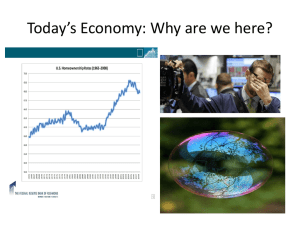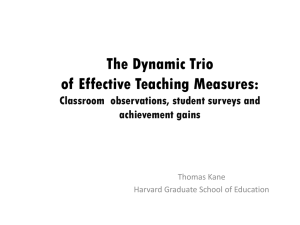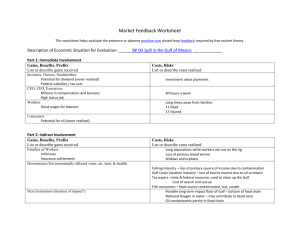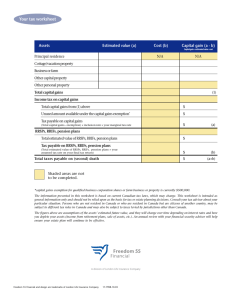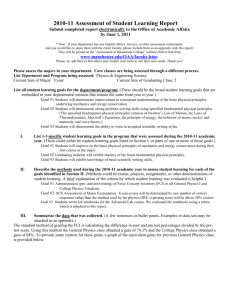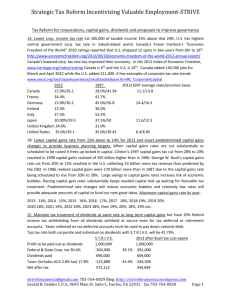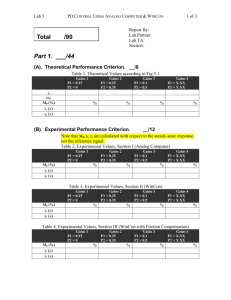Trans-Boundary Cooperation in the South Asia Power
advertisement
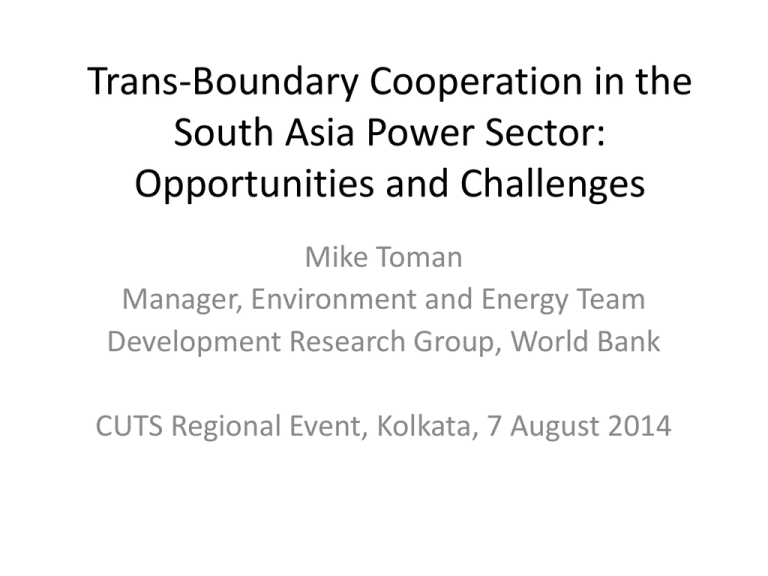
Trans-Boundary Cooperation in the South Asia Power Sector: Opportunities and Challenges Mike Toman Manager, Environment and Energy Team Development Research Group, World Bank CUTS Regional Event, Kolkata, 7 August 2014 Disclaimer The results are preliminary and presented for the purpose of discussion only. 2 Why the interest in regional power integration? • Short-term gains from ability of trade to relieve shortages • Long-term gains from opportunity to utilize lower-cost generation at regional level • Potential environmental gains – to the extent trade facilitates greater utilization of cleaner generation technologies 3 What is our approach? • Quantitative analysis with long-term electricity planning model to simulate impacts, potential gains of cooperation – Full regional cooperation – Partial cooperation (Bangladesh, Bhutan, India, Nepal) • Qualitative analysis of institutional and policy issues 4 Summary of baseline scenario • Regionally capacity grows by a factor of 4 • Baseline capacity growth is very coal-intensive in Bangladesh, India, Pakistan – Least-cost technology – CO2 emissions also grow (4X regionally) 5 Regional cooperation/trade • Major increases in hydro (~30GW with full regional cooperation), displacing significant additions to coal capacity – But still a lot of coal – drop in CO2 emissions relative to baseline is ~3% • Significant additional investments in interconnection – Allows more short-term capacity sharing as well as transmission capacity for major new hydro capacity 6 Gains from cooperation/trade • Direct gains from trade are moderate in present value terms – ~US$20B over 2015-2040, discounted at 8% (real rate – fairly high) • About 80% of this still is achieved with cooperation just among Bangladesh, Bhutan, India, Nepal • Higher coal prices => significant additions to hydro capacity and trade, higher power costs • Lower gas prices => some increase in domestic capacity and reduction in trade (in relative terms) 7 Why are the gains seemingly so modest? • Trade is an incremental effect to the huge growth of regional capacity going forward – All the increased hydro export to India in the analysis is ~5% of its total electricity use in 2040 • Lying behind these discounted net benefit figures are some large positive impacts – ~US$11B in additional generation and transmission CAPEX for trade facilitates ~US$28B in OPEX savings (undiscounted figures) 8 Why are the gains seemingly so modest? • The baseline definition also matters – We assume that current inefficiencies in domestic power sectors cannot be sustained; in particular, even without trade, persistent shortages are attenuated – In work still to be done we are going to attempt to quantify the benefit of improved domestic sector performance relative to current BAU 9 So what about all this market efficiency business? • Increases economic value in its own right • But in addition, why interconnect very inefficient domestic power systems/markets? – Longer-term cooperation and trade benefits would be even lower because regulatory distortions reduce value of investment, create risks that raise financing costs – Conversely, improved domestic sector performance is a key part of reaping full gains from regional cooperation and trade 10 What are possibilities for achieving regional power cooperation and trade agreement in SAR? • Experiences from many other regional arrangements with varying degrees of prescriptiveness are generally positive – Even with country size asymmetries – Even with disputes/conflicts among countries – Can proceed in steps/gradually increasing number of participants and requirements – But broader-scale, more formally organized coordination can yield considerably more benefit – It takes time and serious dialogue 11 There are synergies between regional cooperation agreements and domestic policy reforms • Broader success in regional agreements depends on significant power market liberalization, especially in pricing and access – Want prices to reflect opportunity costs, provide effective signals for regional investments • Prospects of increased gains from regional coordination may help strengthen case for admittedly difficult domestic reforms 12 How are gains from regional power cooperation and trade shared? • No simple or unique answer • If markets have been liberalized with competition among buyers and sellers (“B2B”), price = marginal cost will determine a sharing of gains • If decision making is concentrated in relatively few hands such that market power can be exercised, importers are likely to capture more of the gains from trade – They have more options than exporters, especially hydro 13 To summarize… • Increased regional power cooperation and trade can provide a valuable addition to broader efforts to improve sector performance • Experience suggests agreement on (sub)regional power cooperation and trade is institutionally feasible for SAR, and can build incrementally • The efficiency of domestic power systems/markets will have substantial influence on size and distribution of benefits from cooperation and trade – as well as being important in its own right 14 A Regional Power Market Master Plan? • Necessary technical requirements for high level of inter-operability • Institutional structures for nondiscriminatory cross-border transmission access, loss sharing – Including provision for equitable and transparent cross-border transmission siting and land access – Also provision for efficient, non-predatory transmission pricing • Further developed regional transmission plan – Priority capacity expansions for increasing trade 15 A Regional Power Market Master Plan? • Commercial provisions for contracting, dispute resolution • Addition of electricity to the South Asian Free Trade Area agreement • Plans for developing more elaborate regional power trading mechanisms – Can build on positive experience with power trading in India, e.g. IEX – Utilize regional dialogue among SAARC energy regulators 16 Thank you for your kind attention; I look forward to your questions and comments mtoman@worldbank.org 17
